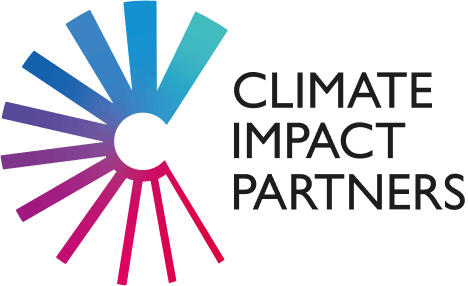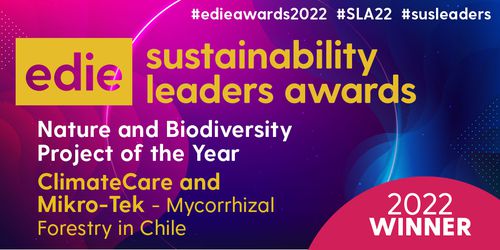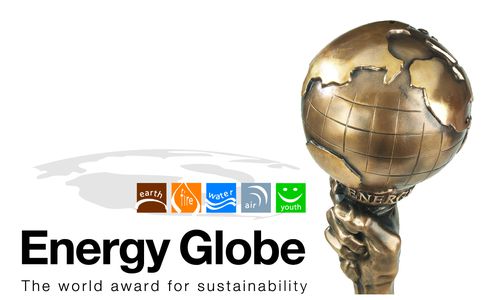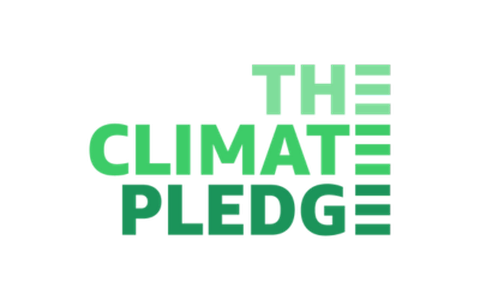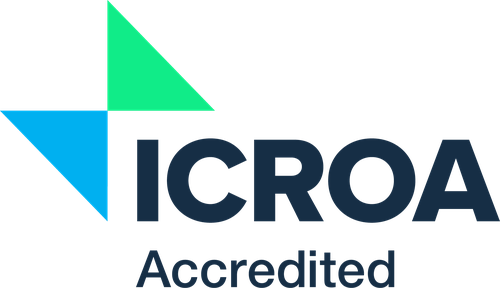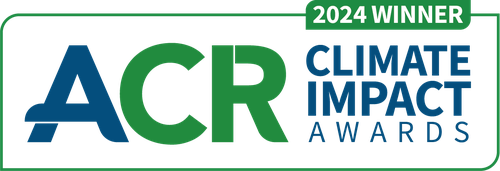This project aims to tackle key development issues through efficient cooking products. The objective is to serve the most vulnerable communities across Kenya, tackling health issues of traditional cookstoves, reducing dependence on non-renewable biomass sources, while promoting financial security and female empowerment.
Carbon finance is used to subsidise sales and support the distribution of the stoves to underserved communities. Through distribution networks that serve customers at the base of the pyramid, this project helps households and institutions throughout the entire country purchase efficient wood or charcoal cookstoves to replace traditional three-stone fires or other inefficient stoves.
The stoves are sold (along with other ‘eco-products’ such as solar lanterns and water filters) through a local partner franchise model that helps ensure effective financing, marketing, and support to both end customers and local charter partners.
The majority of households in Kenya still depend on wood or other solid fuels for cooking.
In addition to delivering approximately 950,000 tonnes of emissions reductions to date to help take urgent action to combat climate change (SDG 13), the project delivers a number of other sustainable development benefits. These include:
- Good Health and Wellbeing for People: Burning biomass (such as wood fuels, charcoal and dung) in traditional stoves for daily cooking needs needs releases substances hazardous to human health including carbon monoxide, nitrous oxides, particulate matter and black carbon. As improved cookstoves reduce fuel consumption by 50%, the project has been monitoring changes in reported smoke, and incidences of dizziness, headaches, irritated eyes and difficulty breathing amongst local populations since they started using their improved stoves, with the majority of users reporting enhanced well-being. In addition, in 2014, nearly half of sales (20,000 stoves) were to Somali refugees and host communities in the north of Kenya (in the Kakuma and Dadaab refugee camps). These stoves will help reduce the risk of violence that women face when collecting wood outside their refugee camps, by reducing the frequency with which firewood must be collected.
- Affordable and Clean Energy: Improved cookstoves use simple design enhancements to burn biomass fuel more efficiently. A well-designed wood or charcoal burning efficient stove will reduce the fuel used in cooking by about 50%, while reducing toxic emissions by up to 70%. The improved cookstoves and their increased efficiency enable households and institutions that purchase fuelwood or charcoal to save money on fuel costs. Most users are able to pay back the stove cost within a few months.
- No Poverty: To ensure effective financing for end consumers, the project works with a number of local partners, including a variety of formal microfinance institutions (MFIs) such as One Acre Fund and the Kenya-based NGO, SISDO. It also offers direct consumer financing, allowing it to support bottom of the pyramid groups who may not have access to microfinance institutions.
- Gender Equality: The project is focused on facilitating the recruitment and success of women as cookstove entrepreneurs, with a third of distribution businesses now owned by women. Beyond participating in the business, women also benefit from using improved cookstoves – with reduced symptoms of bad health from indoor air pollution, less time spent cooking, and less time spent collecting fuel.
- Decent Work and Economic Growth: The project has created more than 200 jobs so far in local manufacturing and sales. Project operations in Kenya include a team of 14 full-time and two part-time employees, and positions continue to grow as distribution scales.
- Industry, Innovation and Infrastructure: The clean cookstoves are already locally manufactured with more investment in Nairobi-based manufacturing aiming to enable the production of over 100,000 stoves per year. The project has helped grow a network of over 225 distribution businesses, helping to scale these and other businesses’ product offerings in Kenya.
- Life on Land: It is estimated that 96% of households depend on wood or other solid fuels for their cooking energy needs in Kenya, with 92% of this wood sourced from non-renewable sources. This improved cookstoves project therefore aims to help reduce such biodiversity pressures.
Our goal is to deliver 1 billion tonnes of emissions reductions by 2030
600+ projects have been supported by Climate Impact Partners
100+ million tonnes of emissions reduced through carbon finance
For me and my family the cookstove is the best. It saves wood and saves my money, and because I don’t have to walk 14 kilometres every two days for more wood, it gives me more time with my boys. For me, that’s the most important benefit of all.
Delivering towards the Global Goals

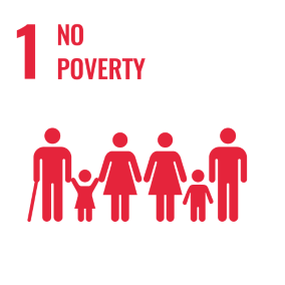
No Poverty
End poverty in all its forms everywhere
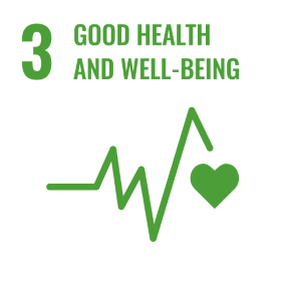
Good Health and Wellbeing
Ensure healthy lives and promote well-being for all at all ages
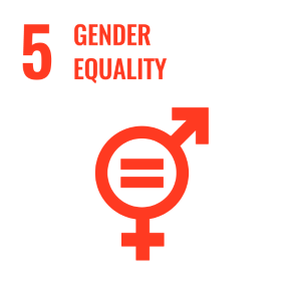
Gender Equality
Achieve gender equality and empower all women and girls
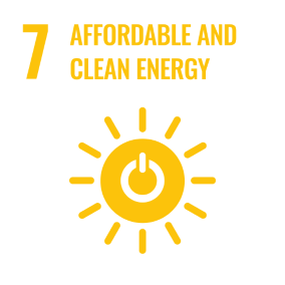
Affordable and Clean Energy
Ensure access to affordable, reliable, sustainable and modern energy
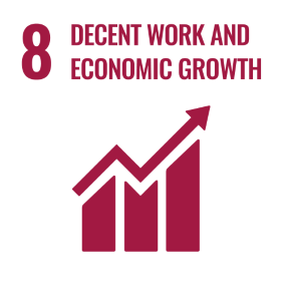
Decent Work and Economic Growth
Promote inclusive and sustainable economic growth, employment and decent work for all
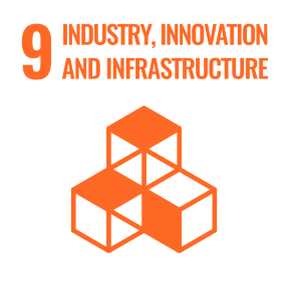
Industry, Innovation and Infrastructure
Build resilient infrastructure, promote sustainable industrialization and foster innovation
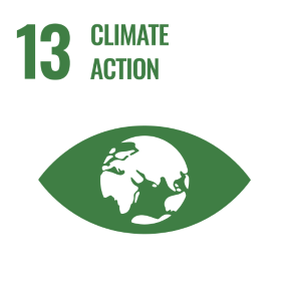
Climate Action
Take urgent action to combat climate change and its impacts
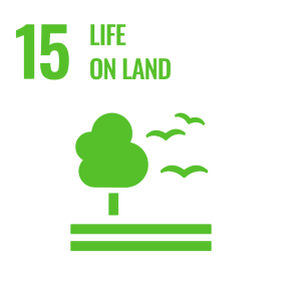
Life on Land
Sustainably manage forests, combat desertification, halt and reverse land degradation, halt biodiversity loss


Supporting our projects delivers on multiple UN Sustainable Development Goals (SDGs). You can read more on the Goals below.
Learn more about the global goalsNext Steps

Explore our projects
Explore our range of projects across the globe: nature based solutions, health and livelihoods and sustainable infrastructure.
Explore
Business Solutions
We are the leading solutions provider for carbon offsetting, net zero, carbon neutrality and carbon finance project development.
Read more